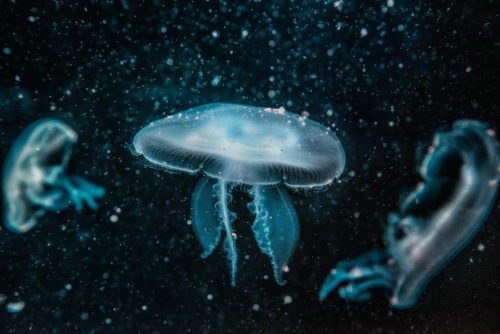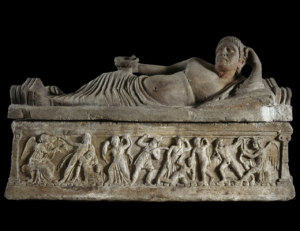Notes on Godly Perfection

1. Perfection is exterior to The One, The One is not “perfect” because to be perfect implies the opposite state of imperfection, as though The One is in a state of self-perfection in prevention of its deterioration into imperfection. This does not exist in The One.
2. Perfection then, being exterior to The One, is a state enjoyed by the beings who are self-perfect against imperfection. Since the essence of The One is self-sufficing (as it is needless), and the gods partake in the essence and its self-sufficiency, they are by their essence perfect in as far as they achieve their self-perfection through their self-sufficiency, being in need of nothing and in want of nothing, at rest and not in motion.
3. So gods are perfect by necessity of their being, but the character of this perfection is dependent upon their act. Each god is distinguished as an independent god or goddess according to their act, so the perfection of one god or goddess is different from the perfection of another god or goddess. While in act the perfection is particularised, perfection as a unified ideal achieved is in the unification of all the gods as they all share in the same essence from which they achieve their perfection.
4. The only nature beings are subject to is the nature of their prior and their mode of distinction. As intellectual-beings, their prior is The One and their distinction is difference, and so they are subject to the nature of divinity and the distinction of difference.
5. Each god and goddess has free-will and, as they all share in the same essence, they also have full capacity to theoretically no longer be the god or goddess over which they are the source. Neptune being the god of the seas or Mars the god of war is neither gods’ essential nature, in the sense that they are not essentially the god of the seas or the god of war, and have the capacity to change were they to desire to (unalike humans who must always be essentially human and never anything else).
6. However, they do not change, because all gods partake in harmony as all gods are good, and by partaking in harmony they do not envy another purpose or seek to be another kind; in their perfection, they collectively achieve harmony eternally the same.












